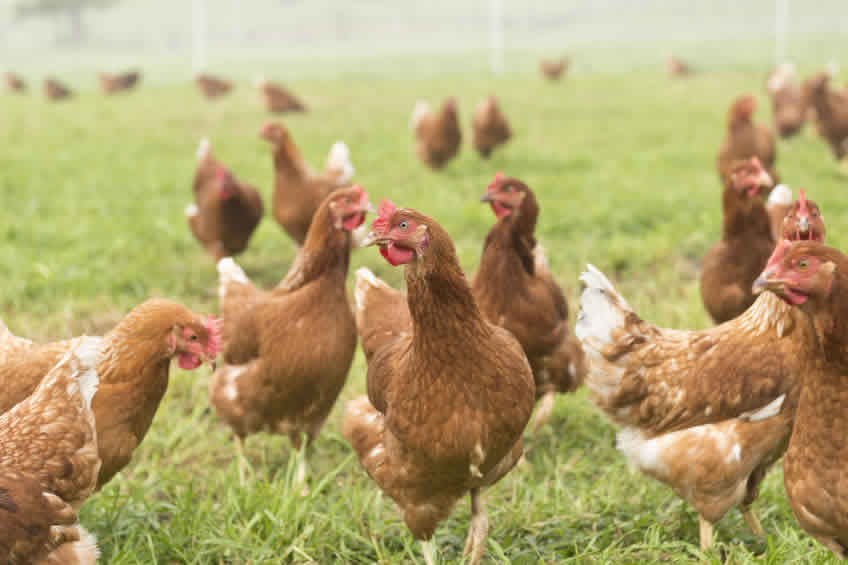
A warmer winter may have benefits for certain aspects of flock management and husbandry but above average temperatures at the end of last year mean that many poultry parasites have flourished too.
An increased worm burden puts even seemingly healthy birds at risk of poor production, making spring a key time for worming regimes to be reviewed to maximise protection of the flock and safeguard profits.
Although worms pose a threat to chickens all year round, winter has historically been a time of year when certain parasites fail to thrive and the infection challenge is reduced.
However, recent NADIS parasite reports highlight that the UK experienced higher temperatures and rainfall than average over the winter and beginning of this year1 creating the ideal wet and warm conditions for worm eggs to thrive.
This means a greater challenge to poultry health and production than traditionally expected at this time of year, making regular strategic worming particularly important.
Once a worm infection is established in a flock, the whole environment will be heavily contaminated with infective worm eggs. What’s more, eggs of many poultry worms can survive for years outside of the chicken, especially when weather conditions remain suitable – something which is becoming increasingly likely in the face of climate change.
There may also be no outward signs that birds are affected and the longer birds remain untreated the more likely it is that worms will become a costly problem.
This makes a preventative approach extremely important, involving tailoring the worming routine to the flock and treating regularly to reduce the build-up of worm eggs. Producers may find that a reduction in the time interval between worming is the most efficient and cost-effective way of minimising the effects of worm infestations.
Elanco’s poultry veterinary consultant George Gould explains, “Once a there is a high level of environmental contamination, eliminating the disease can be extremely challenging. Birds begin to shed worm eggs in their droppings just six weeks after picking them up from the environment which is why treatment at six week to eight week intervals is often the most effective way to prevent worm eggs being shed into the surroundings, lowering the infection pressure and limiting impacts on production.”
So, for producers who want to maximise their flock’s protection and make sure that parasites don’t impact on their profits, discuss your worming strategy with your vet. Taking a strategic approach to worming is a smart move this spring.
